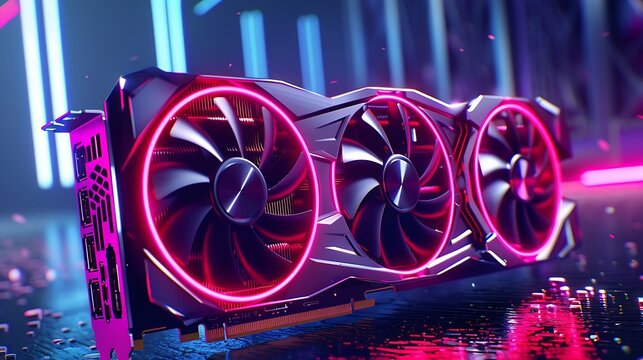graphics cards

Everything You Should Know About Graphics Cards in Computers
A computer graphics card is essential to modern computing because it supports demanding creative workloads, improves gaming experiences, and produces high-quality visuals. Knowing how a graphics card operates and how to pick the best one is essential for performance optimization, regardless of your profession: gamer, video editor, 3D designer, or AI researcher. We guide as per your need, Contact us ARIHANT INFO SYSTEMS at Ahmedabad.
A Computer Graphics Card: What Is It?
A specialized piece of hardware called a computer graphics card, sometimes referred to as a GPU (Graphics Processing Unit), is used to render images, animations, and videos. It converts information from the CPU into visual data that is shown on your monitor. Although some CPUs have integrated graphics, dedicated graphics cards perform noticeably better.
What are the Advantages of Graphics Cards ?
Better Graphics Performance
Performance and visual quality are greatly improved by a computer graphics card. It makes it possible to render realistic textures, high-resolution images more smoothly, and sophisticated effects like lighting, reflections, and shadows—all of which are crucial in design and gaming software.
Improved Experience with Gaming
A dedicated graphics card is necessary for gamers. Higher frame rates, support for high-resolution screens (such as 1440p or 4K), and the activation of technologies like DLSS, Vulkan/DirectX 12, and ray tracing make for a more responsive and engaging gaming experience.
Quicker 3D rendering and video editing
A computer graphics card is very useful for creative professionals. GPU acceleration is used by programs like Adobe Premiere Pro, DaVinci Resolve, Blender, and AutoCAD to significantly reduce rendering and export times, increasing workflow efficiency.
What are the Disadvantages of computer graphics cards?
Costlier
The cost of a system's graphics card is one of its primary disadvantages. High-end graphics cards can be costly, particularly the newest models from AMD or NVIDIA. The expense can greatly raise the total budget for a system build for professionals, designers, or gamers.
A rise in power usage
High-end graphics cards in particular use a lot of power. Higher electricity consumption results from this, and users might need to upgrade to a more potent (and priciest) power supply unit (PSU).
Production of Heat
When in use, dedicated GPUs produce a lot of heat. Better cooling options, like more fans or liquid cooling, might be needed to avoid overheating as this can raise the interior temperature inside your PC case.

